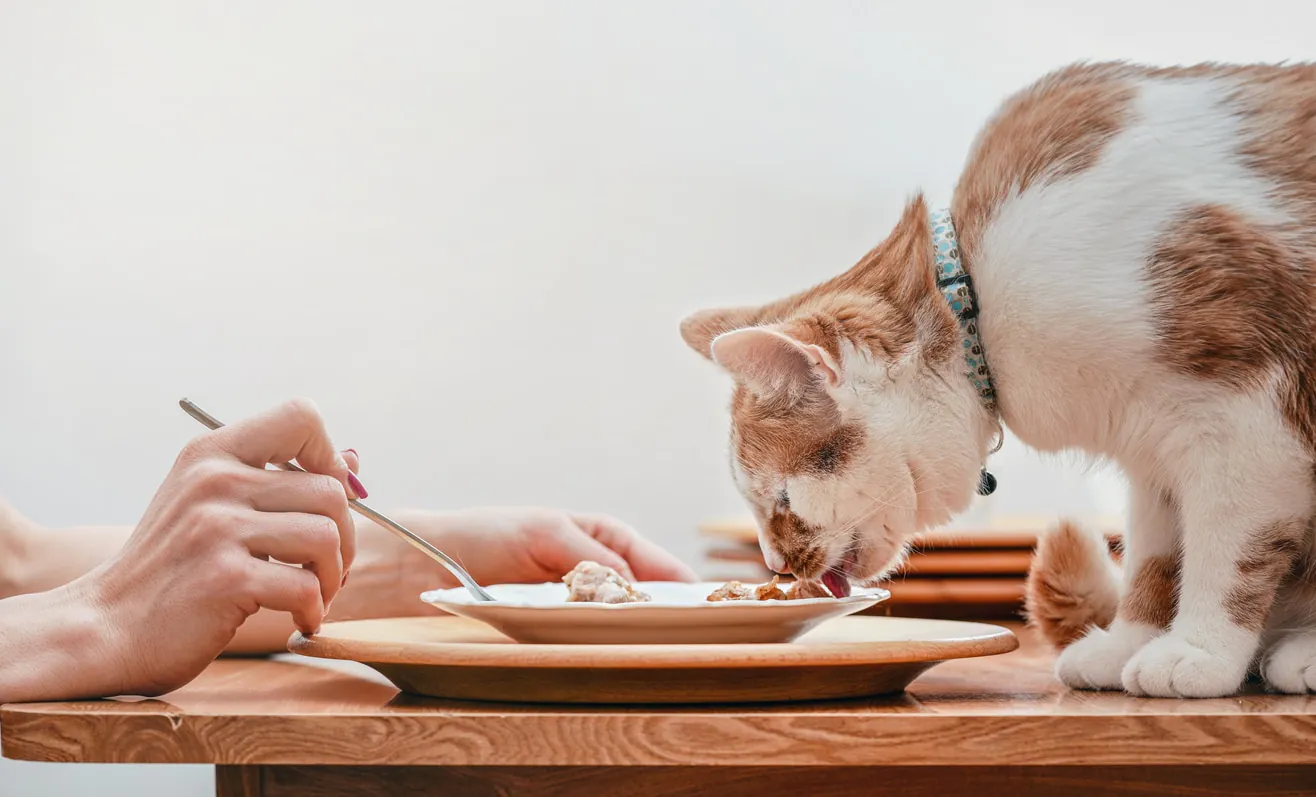As a cat ages, it undergoes many physical changes, resulting in an irremediable change in its nutritional needs. In fact, a cat over 10 years old should not be fed the same way as a cat over 3 years old, for example. Here are the main elements to know to give your elderly cat the best diet possible!
A slowed metabolism in older cats
In older cats, metabolism, i.e. the way the body produces energytends to slow down. This results in a reduction in fat and calorie requirements.
However, the fact that many cat owners are not informed about the modification of these nutritional needs can cause a unintentional overeating in old cats, thus leading to overweight, even obesity, and the diseases that result from it (diabetes, heart disease, joint disease, etc.).
The problem is that older cats already have a weakened immune system. Lack of information about their nutritional needs can therefore lead to an already increased risk of triggering diseases. And therefore shorten their life expectancy.
How to feed an elderly cat?
Generally, as cats age, they tend to stay indoors more often, exercise less and sleep more. In fact, a change in diet is necessary.
Before going into detail about the essential nutrients to provide to your elderly cat, it is worth remembering that a dry food mix (include kibble, preferably small to facilitate chewing) and wet food (understand pâtés) is highly recommended.

Indeed, old cats may have difficulty chewing, which means offering them something other than kibble. Furthermore, wet food is not only more palatable, but it is also rich in water. However, older cats are particularly prone to kidney and urinary stones, they need to hydrate as much as possible.
Now let’s move on to the content of the food itself. It is recommended, for a senior cat, toopt for a diet specially designed for older cats. This way, you will be sure to offer your furball food that is perfectly suited to its age because rich in high quality proteins, low in phosphorus and lipids, supplemented with vitamin E and reduced in calories.
A diet that changes depending on the cat’s state of health
However, it is still advisable to adapt your cat’s diet, not only according to its age, but also according to its state of health. Thus, a cat suffering from kidney disease should receive highly digestible proteins in its diet while for a cat suffering from heart disease, a diet low in sodium should be favored.
Certain diseases can also be slowed down in their progression through a change in diet. For this reason, it is important to seek advice from your veterinarian before changing your cat’s diet. He will be able to carry out a health check-up in order to detect possible illnesses and thus direct you towards a specific diet.
Good to know : in all cases, and even more so for an elderly cat, an annual health check-up with the veterinarian is essential!


